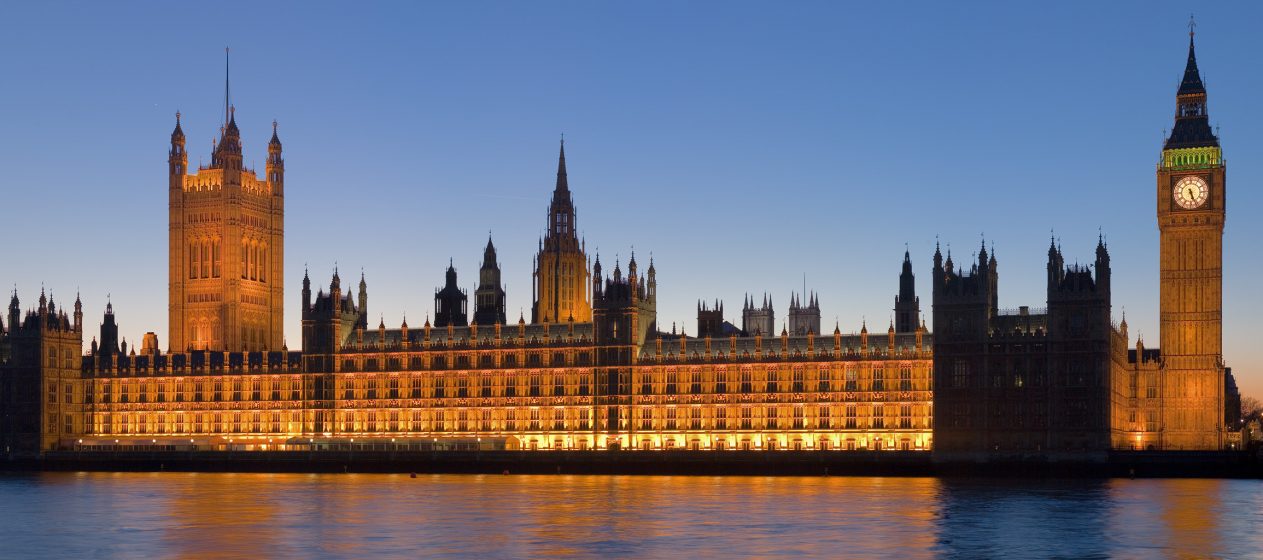In Britain, the government dominates parliament. This claim is a staple of “textbook” descriptions of British politics. Academic literature also suggests the British government’s power over parliament is unusual in international terms. As a result, the government’s struggle to secure parliament’s support for its Brexit deal has been widely seen as evidence that Brexit has challenged – or even overturned – this conventional wisdom.
However, in this blog post we argue that recent events can be better understood as an acceleration of pre-existing trends in Britain’s political institutions and political parties that have weakened government’s grip over parliament. The Brexit process may have challenged the government’s ability to control parliament, but it was pushing at an open door.
Three institutional advantages have traditionally allowed the British government to dominate parliament – the confidence vote procedure, control of the parliamentary agenda, and weak committees. The government’s recent difficulties largely flow from not being able to rely on these advantages. All three of them have been eroded by recent institutional reforms.
First, governments’ ability to elicit loyalty from their backbench MPs was substantially reduced by the Fixed-term Parliaments Act 2011 (FTPA). Historically, governments had been able to declare votes to be a “matter of confidence” – defeat on such votes would prompt the dissolution of parliament and a general election. Existing political science literature suggests this allows governments to extract support from potential rebels, forcing them to choose between supporting a policy they dislike or evicting their own government from office. However, the FTPA, which limited prime ministers’ power to call elections, ended this possibility. It thus removed what Philip Norton has called prime ministers’ “parliamentary nuclear option” for securing MPs’ support.
This has played a crucial role in allowing the current parliamentary deadlock. In the first meaningful vote, 118 Conservative MPs voted against the government, along with all ten DUP MPs. However, the Conservative rebels and the DUP all backed the government in the following day’s no confidence vote. Without the FTPA, Theresa May would have been able to force MPs to confront these choices simultaneously, offering them a choice – her Brexit deal, or a general election. John Major used exactly this approach to get Eurosceptic Tories’ support for the Maastricht Treaty in 1993. The Fixed-term Parliaments Act has denied his Conservative successor this option.
Second, recent years have seen an erosion of governments’ monopoly over the parliamentary agenda. Since the early twentieth century the Commons’ formal rules have granted the government substantial power to decide what parliament debates. However, procedural reforms in 2010 weakened this power. These reforms created time in the parliamentary agenda when backbench MPs could decide what was debated. The government still determines these debates’ timing, but cannot determine their content.
By establishing that backbench MPs had a legitimate role in determining parliament’s agenda, these reforms may have contributed to further erosions of the government’s agenda control during the Brexit process. On multiple occasions in early 2019, MPs voted to suspend normal procedure, and instead let backbench MPs set the parliamentary agenda. They used this time to hold a series of “indicative votes” on alternative Brexit proposals, and to rapidly pass a bill aiming to prevent (or at least delay) a ‘no deal’ Brexit. Eurosceptic MPs opposed these as a “constitutional revolution”, which was “fundamentally against the spirit of our constitution”. But the proposals’ defenders could cite the 2010 reforms as a precedent. As Meg Russell has pointed out, letting backbench MPs influence parliament’s agenda was far from a new idea.
Third, the weakness of the UK parliament has often been traced to the weakness of its committee system. Powerful committees are conventionally seen as a source of influence for opposition parties, and the UK’s committees usually fare poorly in international rankings. However, parliament’s committee system has been substantially strengthened in recent years. Changes under New Labour introduced salaries for select committee chairs, to encourage MPs to build a career out of scrutinising the government rather than joining it. More significant reforms in 2010 mean that committee chairs and members are now elected by their fellow MPs, rather than being appointed by party whips. This is widely seen as heightening the authority of committee chairs, and making committee members more willing to challenge the government.
The consequences of this have been on clear display during the Brexit process. In particular, it has been notable that a number of the government’s most prominent and effective parliamentary critics over Brexit have been select committee chairs, such as Hilary Benn (Exiting the EU), Yvette Cooper (Home Affairs), and Nicky Morgan (Treasury).
Governments’ traditional control of parliament has not been due solely to institutional advantages. It has also flowed from features of the UK’s party system, and particularly the predominance of large, cohesive parties. British governments have typically been able to win a majority of seats in the Commons, and to rely on their MPs’ disciplined support. Both of these advantages noticeably declined in the 1970s, when support for the main two parties fell, the UK saw its first minority government since 1931, and there was a marked increase in rebellious voting by MPs. Subsequent decades saw some recovery in parties’ ability to win sizeable, and generally loyal, majorities, but this came under renewed challenge after New Labour came to power in the late 1990s. Since then, MPs have become increasingly rebellious, both under Labour and under the Coalition.
Moreover, no party has won a large majority since the 2005 election. Subsequent elections delivered a hung parliament in 2010, a very small Conservative majority in 2015, and a further hung parliament in 2017. In the last two decades, therefore, governments have found it increasingly difficult to dominate parliament. This is obviously a large part of Theresa May’s current difficulties – she leads a minority government, and is dogged by frequent Conservative rebellions. Yet while these difficulties worsened with Brexit, they did not begin there.
These trends – the institutional strengthening of parliament and the waning size and coherence of the main parties – are not separate. Instead, they have arguably co-evolved. Parliamentary rules shape party behaviour, but parties also shape those rules. In the UK, recent changes in the party system have encouraged institutional reforms that may in turn have reinforced those changes.
The Fixed-term Parliaments Act resulted from the fragmentation of the party system – it was created to help preserve the Coalition government. Some academics have also suggested that it will contribute to the further erosion of Britain’s two-party system, by removing incumbent parties’ ability to schedule elections at a time of their choosing.
Other comparative studies have traced reforms which strengthen committees to government fragmentation, and to MPs’ increasing independence from party control. As MPs have become more independent-minded, committees offer them opportunities for influence and attention as individuals, rather than as just another representative of their party. These opportunities may themselves encourage further independence and rebellious behaviour by MPs.
A similar argument can be made about agenda control. Increasingly independent-minded MPs may be less willing to tolerate parliament’s agenda being determined by the government. In turn, weakening governments’ agenda control may further undermine party discipline, if governments can’t prevent debates on topics that divide their party.
In sum, political developments in the last two decades have simultaneously undermined governments’ institutional and partisan tools for controlling parliament. While Brexit has clearly placed the British political system under considerable strain, the government’s grip on parliament has been progressively weakening for several decades; Brexit has merely accelerated this process.








